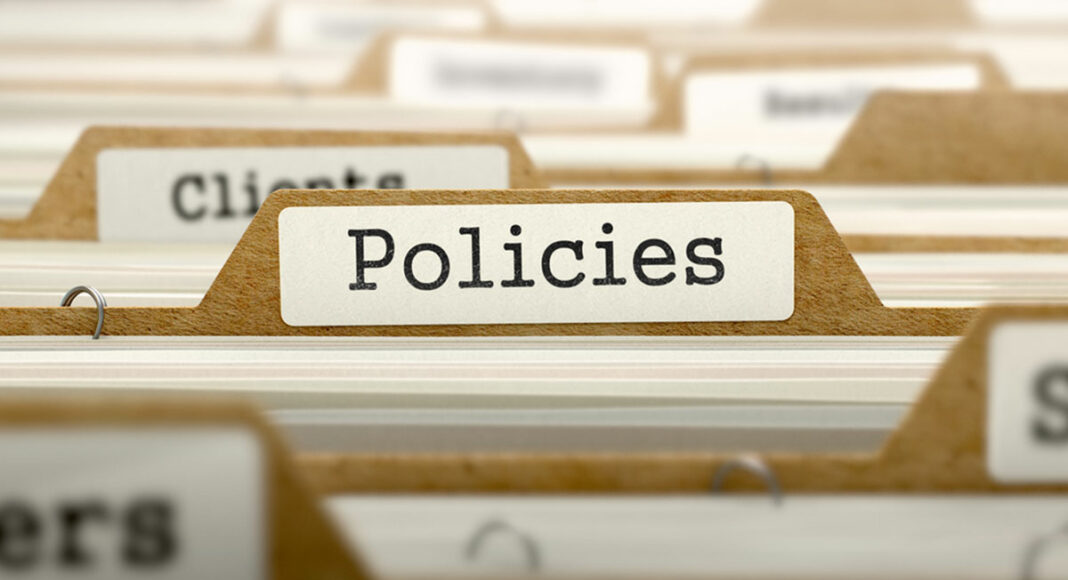Most counties throughout California have now imposed some version of stay-at-home orders, which consist of a series of requests and requirements by local leaders and are designed to slow the spread of Covid-19.
Gov. Gavin Newsom on Dec. 3 said that new orders keeping residents at home would be enacted when intensive care unit (ICU) capacity in any of the five state-designated regions dropped below 15%.
Monterey County preemptively enacted its own orders on Dec. 9.
Monterey County Health Officer Dr. Edward Moreno cited government codes 26602 and 41601, and Health and Safety code 101029, which give local law enforcement the authority to enforce the orders of health officers.
Monterey County District Attorney Jeannine Pacioni announced Monday that her office will enforce the order in that county, where hospital leaders say their capacity is “well beyond” 100%.
Santa Cruz County and the rest of the Bay Area region will fall under the state’s stricter stay-at-home order starting at 11:59pm Thursday, Dec. 17, after ICU capacity hit 12.9%.
Violations in both Santa Cruz and Monterey counties are punishable by a $1,000 fine and/or six months in jail.
But just how far will law enforcement officials go to enforce the orders? Most simply want to inform residents what the rules are.
“We’ve taken an educational stance for a majority of the eight or nine months this has been going on,” Santa Cruz County Sheriff’s Office spokeswoman Ashley Keehn said.
Most of the time, Keehn added, people have been willing to comply, and many have said they were unaware of the restrictions.
Keehn said that no citations have been handed out recently.
“If enforcement action is needed to be taken, we’ll take it,” she said. “But we’re not going out and automatically giving citations to anyone. There has to be a good solid reason for it.”
Monterey County Sheriff’s Chief Deputy John Thornberg says that the majority of enforcement from that agency has been unpermitted gatherings such as large parties.
When that happens, he says, deputies inform the revelers of the restrictions, and ask that they break it up.
Repeat offenders could face arrest and prosecution, Thornberg said.
California Highway Patrol Officer Sam Courtney says that the mission for the officers patrolling the state’s highways remains unchanged.
“We will continue to patrol throughout California,” he said. “The hope is that people will self-regulate and adhere to the requirements.”
Enforcement will likely not include stopping people suspected of violating travel restrictions, Courtney, Keehn and Thornberg all said.
“Are we going to pull someone over just because we think they violated the stay-at-home order?” Courtney asked. “The answer is ‘no.’”
But travelers should be aware that, in counties with stay-at-home orders in place, most hotels and other lodgings cannot accept out-of-town visitors.
In Watsonville, calls to the police department reporting violations of the various orders put in place to curb the spread of the virus have waned over the past few months, said Watsonville Police Department (WPD) spokeswoman Michelle Pulido.
According to Pulido, there have been 36 total calls related to violations of the stay-at-home and masking orders since the beginning of the pandemic. Most of them came during the first few months after the orders were put in place in March.
There was a more recent “spike” of 13 calls over August and September, said WPD Assistant Chief Tom Sims, but every month since then has seen only “one or two” calls.
Sims said the low number of calls was a sign that most Watsonville residents were respecting the orders.
“I think our community is great, and I think they’re, for the most part, complying with what is asked of them,” he said. “Even though it’s difficult, they’re complying to the best of their ability and when they don’t we address it.”
WPD has yet to hand out a citation for order violations, Pulido said. The department’s policy for violations has been education over enforcement, Sims said.
“However, there are always those exceptions when that education falls on deaf ears and we have to make a second and sometimes a third visit,” Sims said. “At that point, we just issue a citation. We’re done talking. Sometimes money makes a difference when it’s coming out of their pocket.”
Sims said that most calls concerning order violations are low priority, as the department prioritizes dispatches from the 911 center and other serious crimes over the violations. He did, however, say that WPD officers do respond to every call for service.
“Everybody is just frustrated and tired with going through this,” Sims said. “But I also think that there is some light at the end of the tunnel, there is some hope that’s been pushed out these last couple of weeks with the vaccine coming soon.”
Pajaronian Managing Editor Tony Nuñez contributed to this story.














